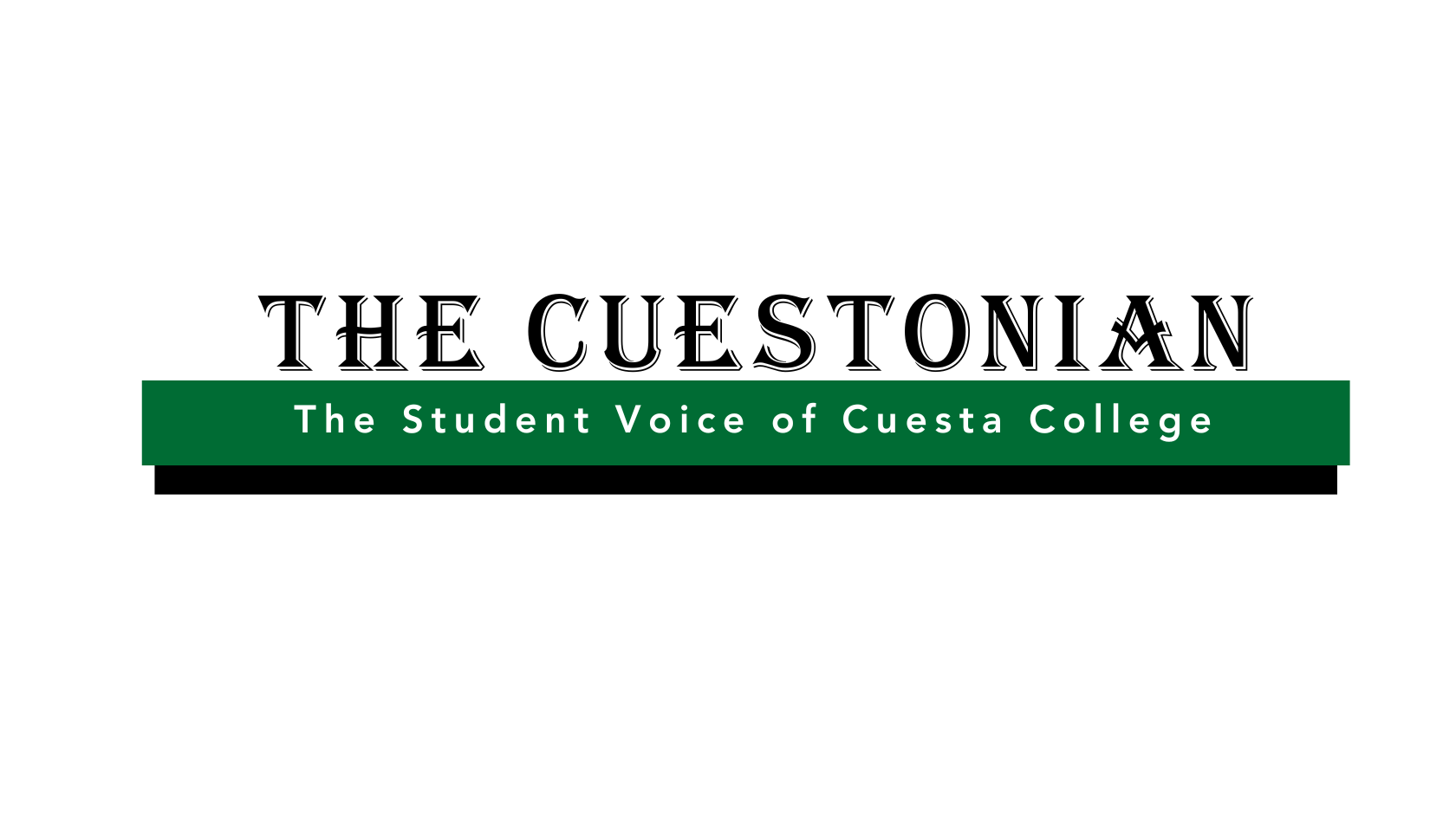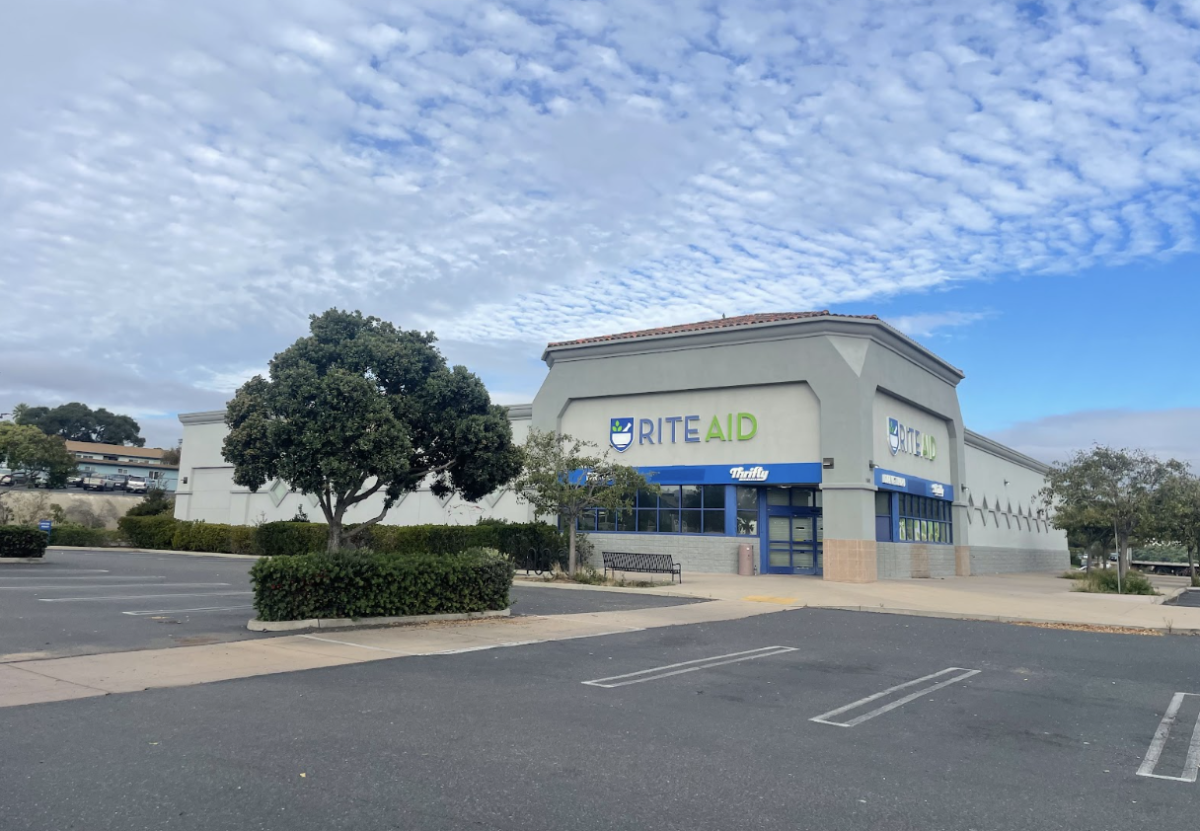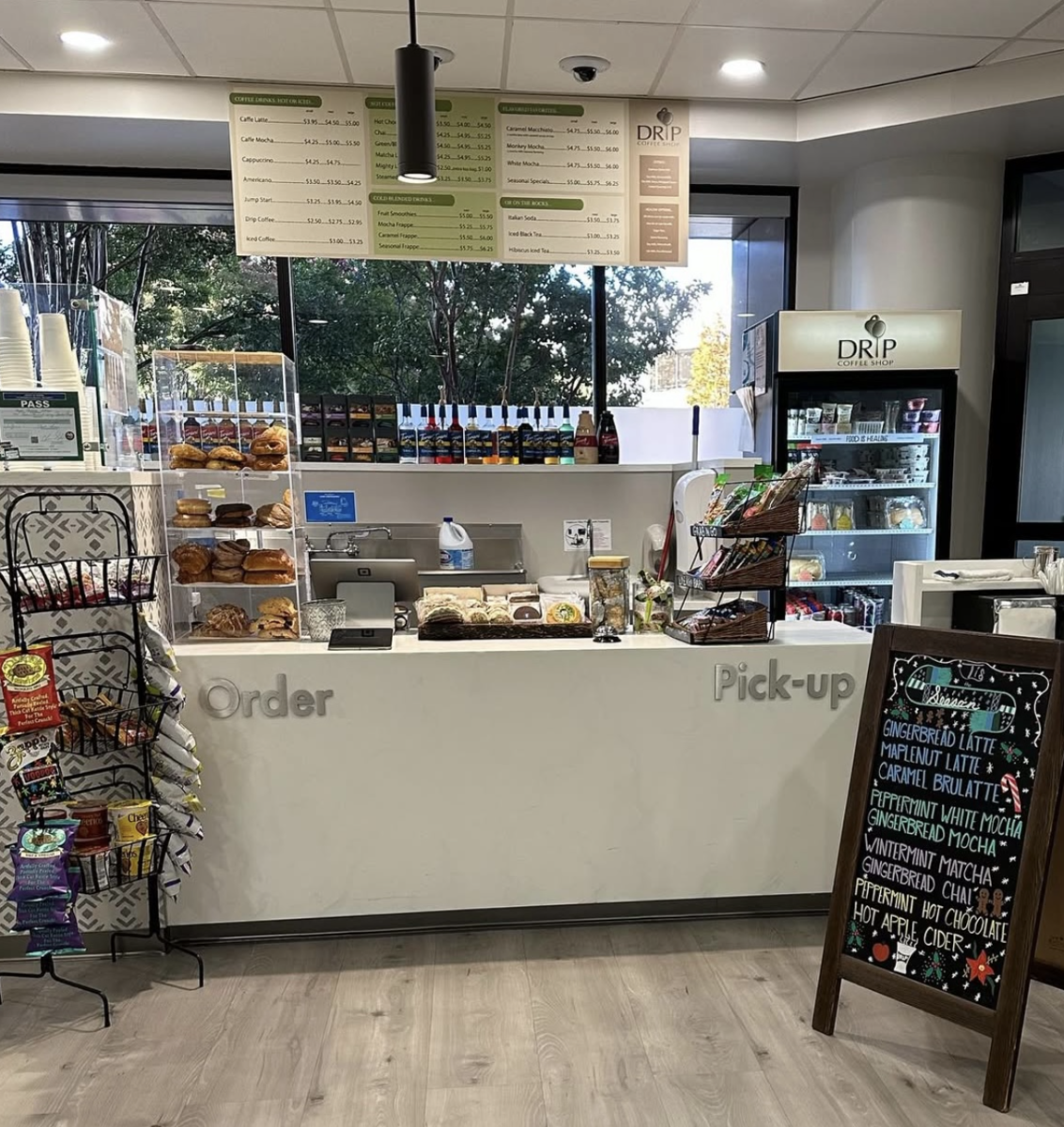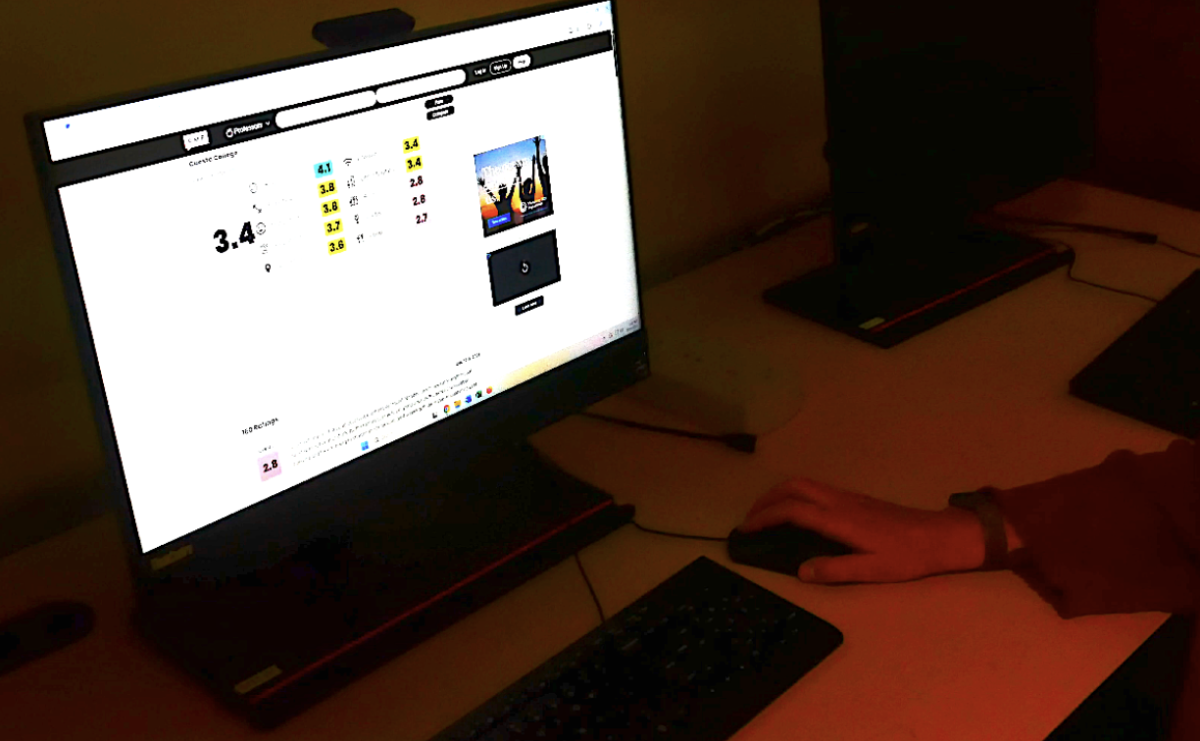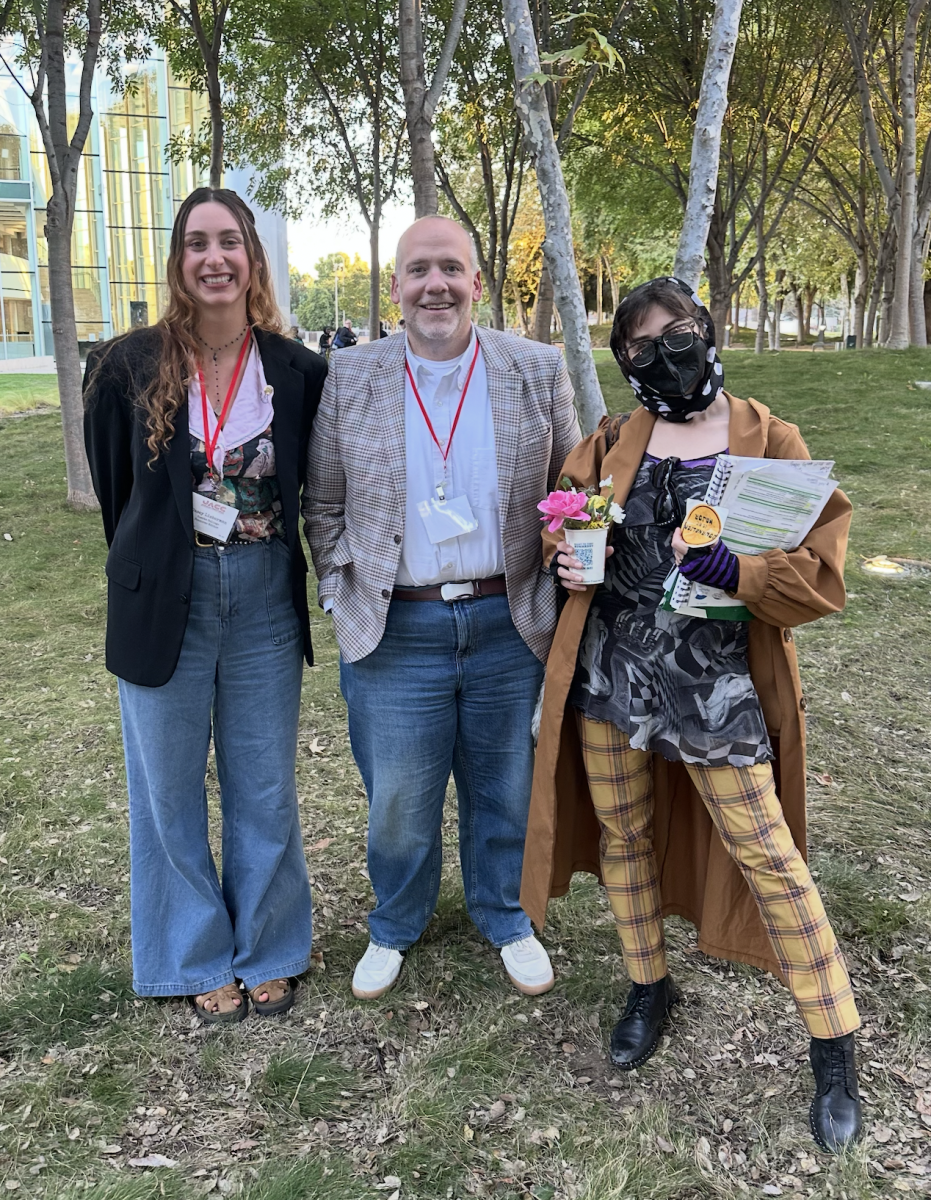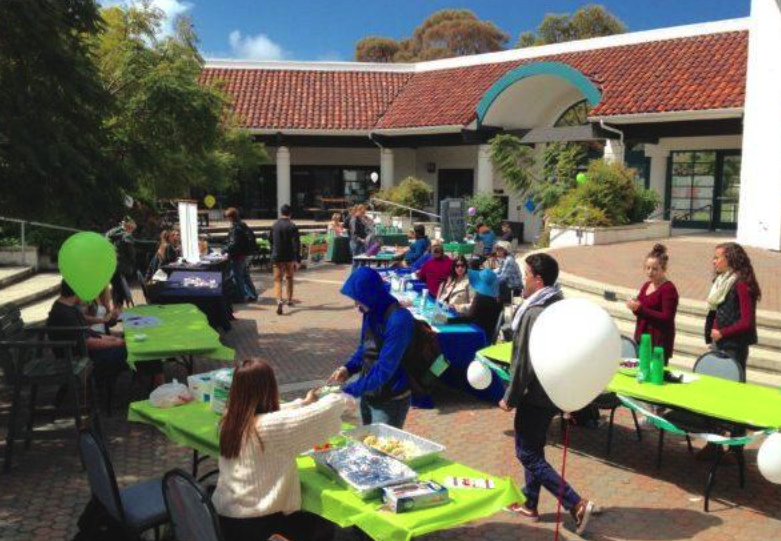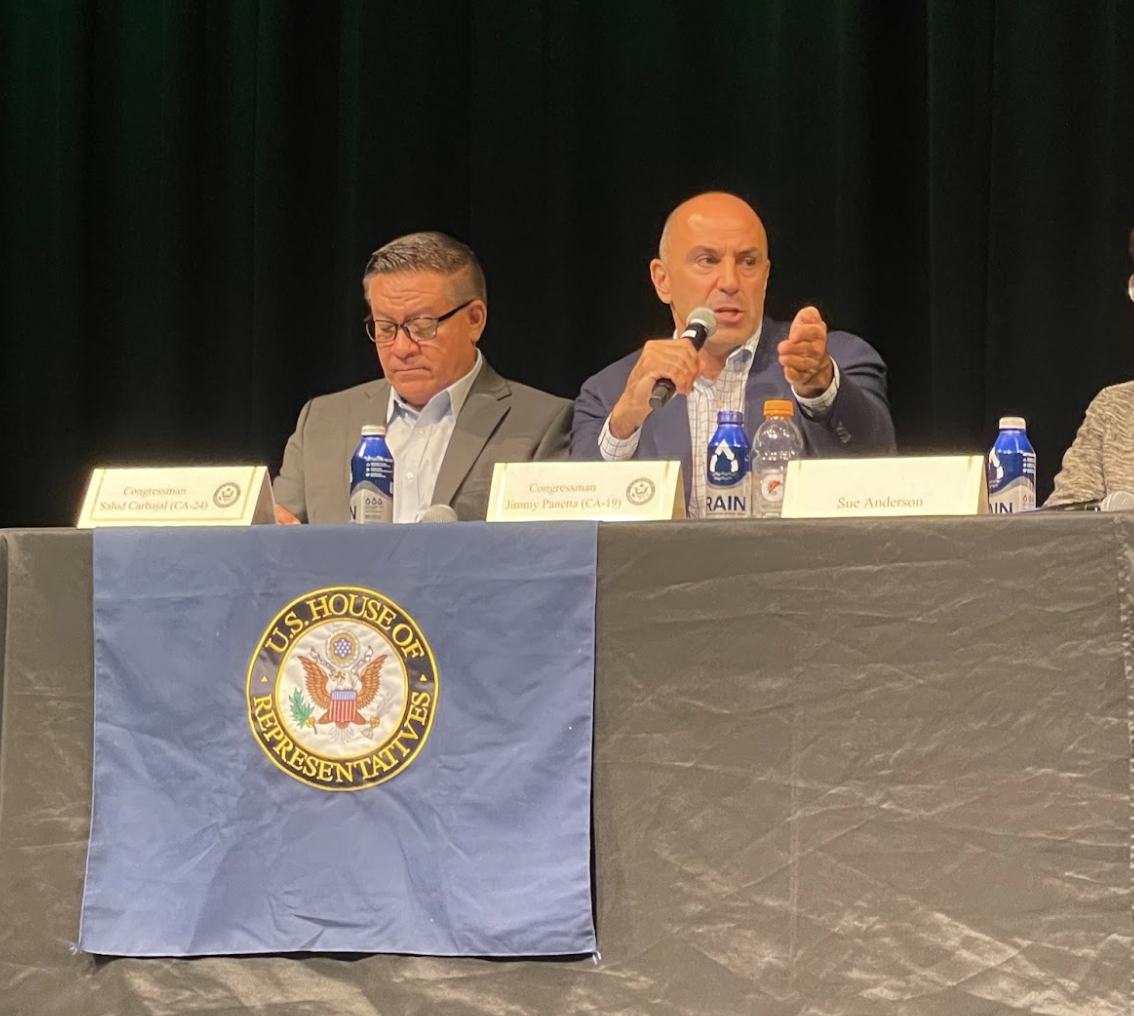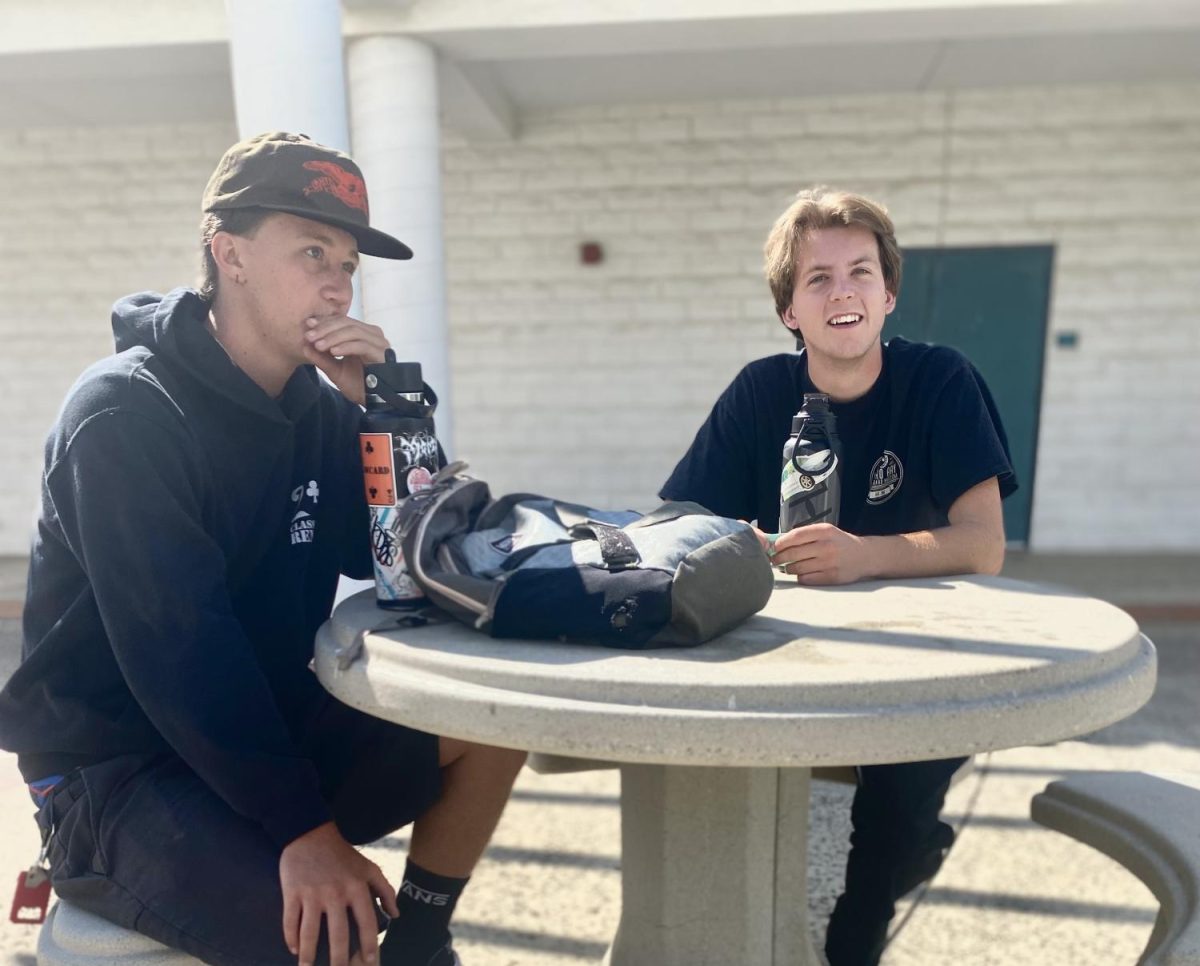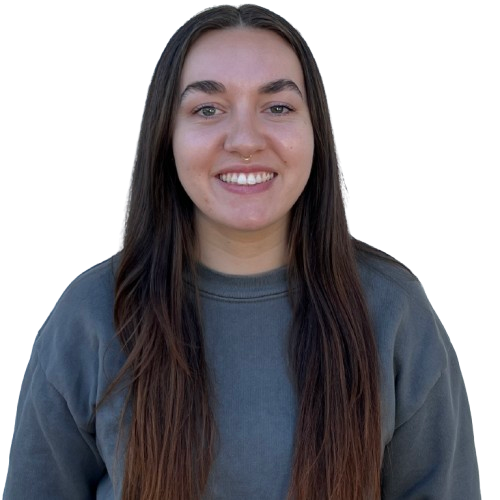Since the COVID-19 pandemic, getting students back on the Cuesta College campus has been the top priority for Director of Student Engagement Christopher Mutshnick. Mutshnick and his team have been working to increase student engagement at Cougar Social Hour, which happens on Tuesdays from 11 a.m. to 1 p.m. at the North County Campus and on Wednesdays from 11 a.m. to 1 p.m. at the SLO campus. Social hours offer free food, activities and raffles where Cuesta students can win gift cards.
“We feel like student engagement is up for a variety of reasons,” Mutshnick said. “For example, we’re continuing to emerge from the pandemic, enrollment is increasing, we’ve filled positions in our department and we’ve been extremely intentional about partnering with students, staff and faculty in the design of our program.”
Mutshnick and his team have also worked closely with the Associated Students of Cuesta College (ASCC) to help increase engagement and find out what students want during social hours and beyond. Many social hour events feature culture-based activities like Native American dancing as well as history lessons. “My team is focused on cultivating a sense of belonging on campus and strengthening relationships with students, staff and faculty,” Mutshnick said.
Lucia Landeros, the president of ASCC, works closely with Mutshnick and his team to create fun events for students that help keep positive engagement up. Landeros has been noticing an increase in student participation as well. “I would really honestly attribute it to [Mutshnick and his team] and all their efforts, because they’re doing an amazing job in terms of planning all these different types of events for students, but also really just getting involved in the community, and really trying to listen to students and try to put events together that fit our specific student body,” Landeros said.
The efforts made by Mutshnick and his team are making an impact this academic year. “From August to September, we’ve logged nearly 2,200 student contacts, nearly 1,700 of which are unduplicated,” Mutshnick said. “To put that in perspective, in the first two months of the semester, we’ve eclipsed the total number of contacts and unduplicated contacts logged in the ‘22-’23 and ‘23-’24 academic years, respectively.”
Moving forward, Mutshnick and his team plan to sustain growth by receiving student feedback. They plan on launching a survey in the coming months so students can share their feedback and make suggestions on what they want to see more of in the future. “This will help us understand what we’re doing well, where we can improve and what students want to see so we can work with ASCC to bring that vision to life,” Mutshnick said.

